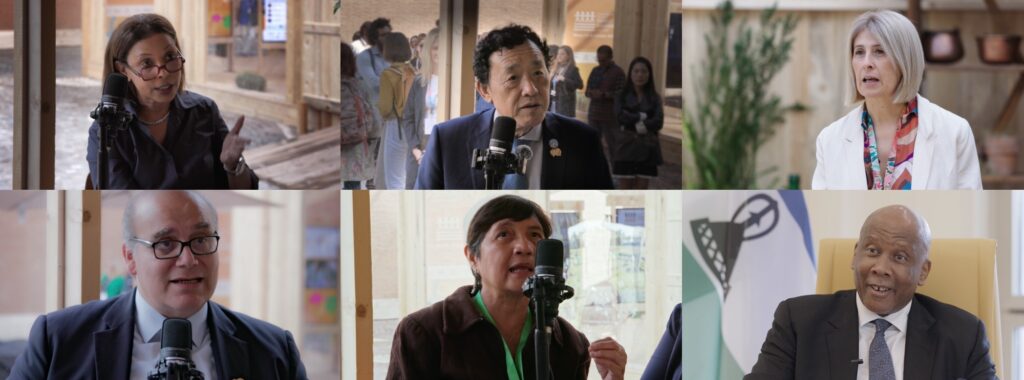Enhancing RCS Effectivity through Youth Participation in the Philippines
The issue of logistics in agricultural extension work, where officers have to back and forth from their office to the farms they are working with, is a common issue in the sector. Even with the existence of Information and Communication Technologies (ICT) like mobile phones, which are expected to make the extension work efficiently, there is still a rising problem: farmers’ lack of access and literacy to use it.
The study of Manalo et al. (2019) aims to assess the youth as infomediaries for their farmer-parents as a solution to the said problems. The case revolves around the use of Rice Crop Manager (RCM). This ICT-enabled nutrient management application produces agricultural recommendations and sends advisories to the registered numbers of the farmers. The youth are considered the application’s infomediaries for being generally technologically aware due to their overwhelming social media presence and mobile phone use.
The study’s findings showed that the youth are willing to become the channel of the information-driven by their care to their parents’ need for learning and assistance in the use of technology. Manalo et al. (2019) also found out that the role of being infomediaries pushed for more agricultural conversation within the families, enhancing their bonding and the knowledge of the youth on farming.
For further findings of the study, please access it here.
Source:
Manalo IV, J. A., Pasiona, S. P., Bautista, A. M. F., Villaflor, J. D., Corpuz, D. C. P., & Biag-Manalo, H. H. M. (2019). Exploring youth engagement in agricultural development: the case of farmers’ children in the Philippines as rice crop manager infomediaries. The Journal of Agricultural Education and Extension, 25(4), 361-377.
Maningas, M (n.d.). The kids are growing lettuce and other vegetables, which are used in the school canteen and contribute to the household food supply [Photo]. Food and Agriculture Organization of the United Nations. https://www.fao.org/fao-stories/article/en/c/1146034/
Written by: Mark Vincent R. Mercene



